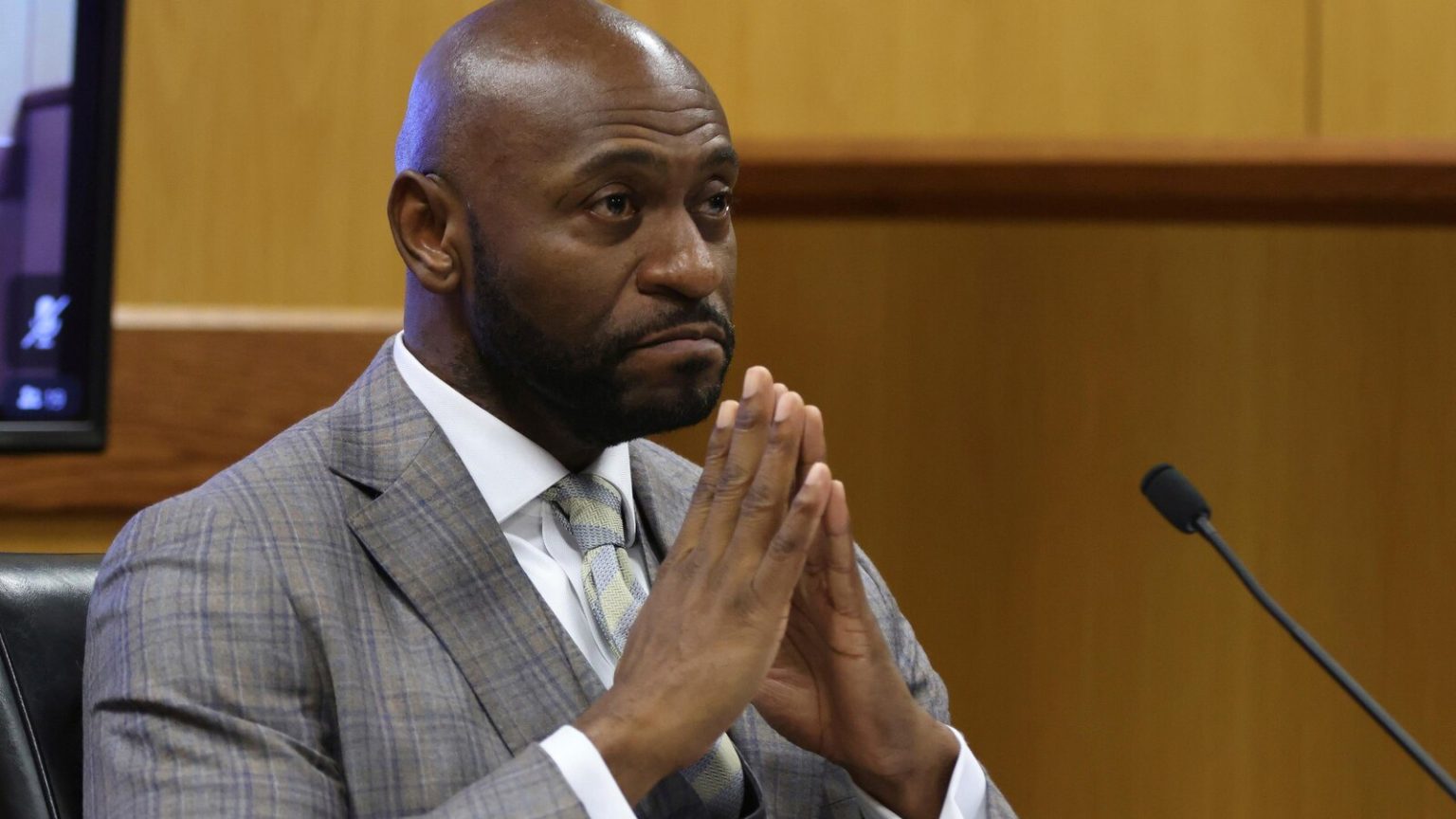A court filing in the Georgia election interference case against former President Donald Trump raises questions about the testimony given by special prosecutor Nathan Wade, who had a romantic relationship with Fulton County District Attorney Fani Willis. Cellphone location data analyzed by Trump’s attorneys shows that Wade visited the neighborhood where Willis lived at least 35 times in the first 11 months of 2021, contradicting his testimony that he had been there fewer than 10 times before being hired as special prosecutor in November 2021. Trump and other defendants argue that the relationship between Willis and Wade creates a conflict of interest and should result in the prosecutors being removed from the case.
The new filing has prompted fresh questions about the timeline of the relationship between Willis and Wade. In response, Willis’ team stated that Trump’s lawyers are trying to introduce inadmissible evidence and that the phone records do not prove anything relevant. The investigator who analyzed the cellphone location data, Charles Mittelstadt, found that Wade’s phone appeared to have been in the area where Willis lived late at night on two occasions in 2021, contradicting Wade’s testimony that he had never spent the night at her condo.
A motion filed by co-defendant Michael Roman alleges that Willis paid Wade large sums of money for his work, which he then used to pay for vacations, benefiting personally. During a hearing, a former friend and employee of Willis testified that she saw the two kissing and hugging before Wade was hired as special prosecutor. Both Willis and Wade testified that they did not begin dating until early 2022, after Wade had already been hired. They also stated that they shared travel expenses and that Willis reimbursed Wade in cash for money spent on trips.
Mittelstadt used a tool called CellHawk to analyze the data from Wade’s cellphone carrier, focusing on geolocation activity near Willis’ address. The analysis revealed more than 2,000 voice calls and nearly 12,000 interactions between Willis and Wade during the first 11 months of 2021, with a prevalence of calls made in the evening hours. Wade testified that they met in October 2019 and began speaking often in 2020. Ultimately, Willis asked Wade and two other attorneys to help find a lawyer to lead the election investigation before choosing Wade for the job.
Fulton County Superior Court Judge Scott McAfee held an evidentiary hearing on motions to disqualify Willis and her office from the case, scheduling arguments for March 1. The filing of cellphone location data has raised concerns about the relationship between Willis and Wade and the potential conflict of interest it presents. The case continues to unfold as both sides present evidence and arguments in court.









